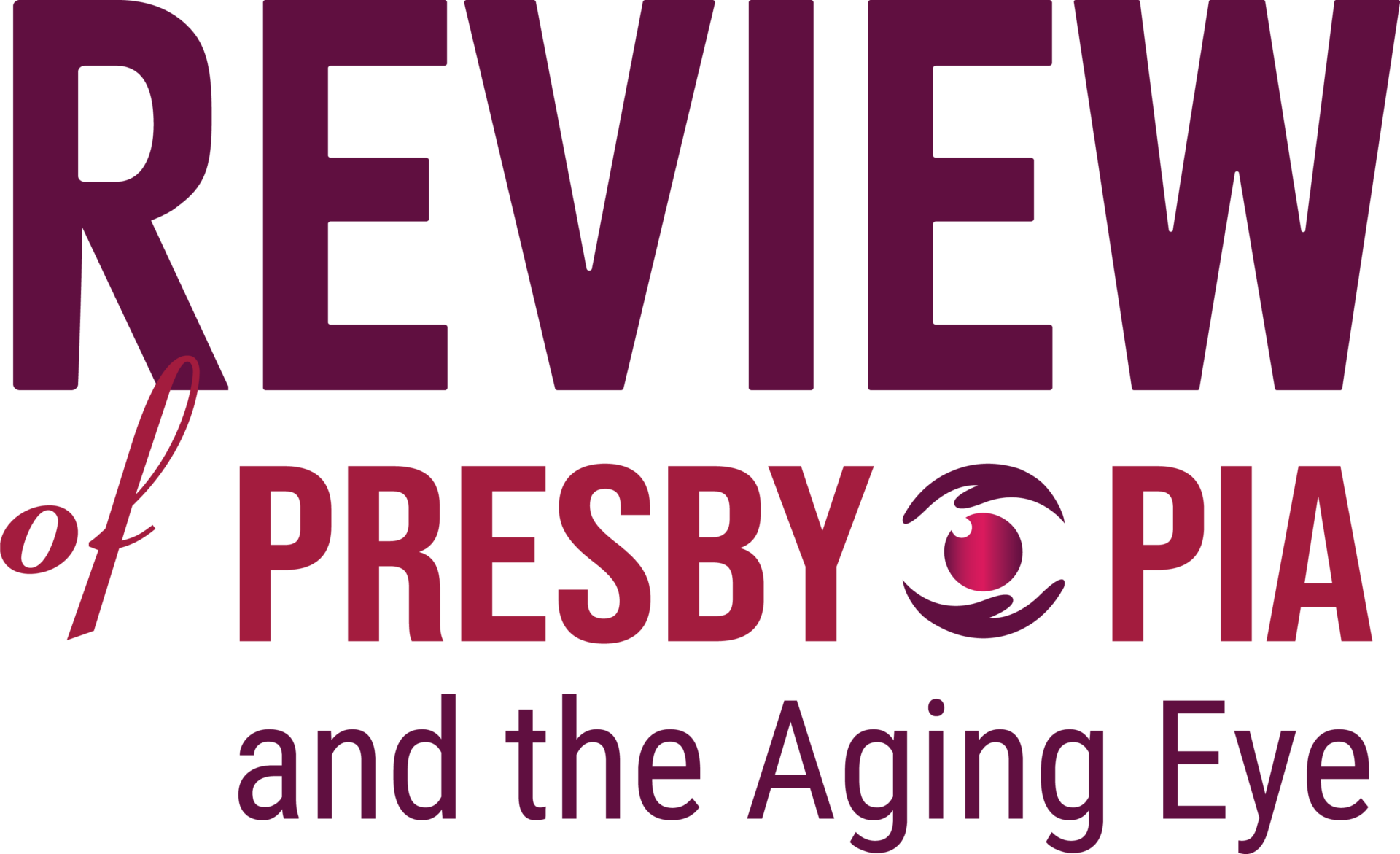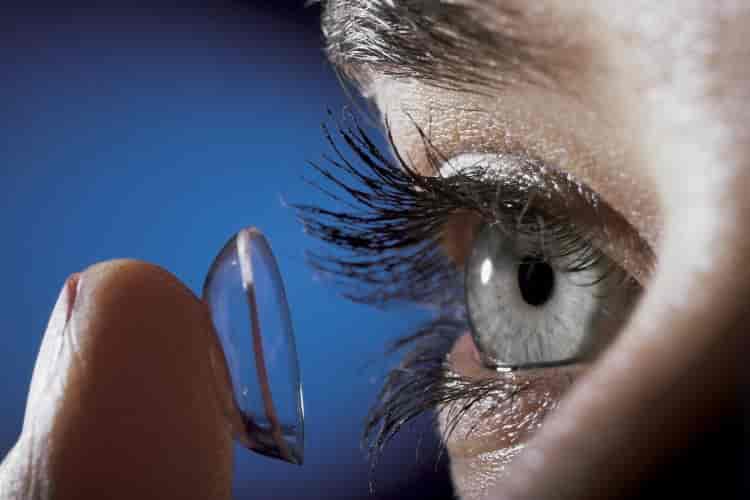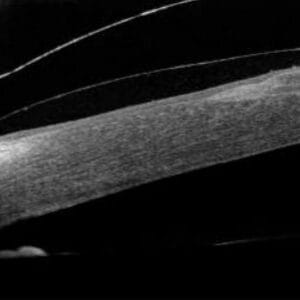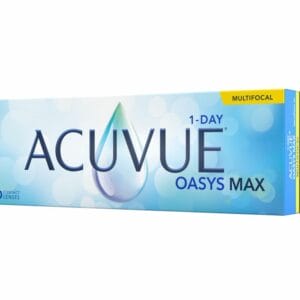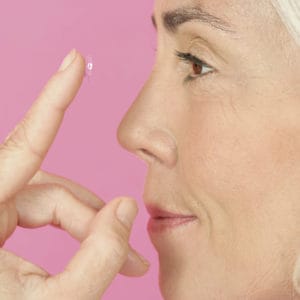October 24, 2023
We have discussed tips and tricks that help with ways to be more efficient and more successful with our presbyopic contact lens patient base.
What better way is there to ensure that than through our support staff? Here’s how you can easily work in staff training without disrupting your patient flow.
Chief Complaint Development
There’s no better place to start than at the beginning. When your technician is working up a contact lens patient, what additional questions are they asking? Is it just what brand of contacts the patient currently wears and how often they throw them away? In our practices, we train our technicians to dive deeper by asking these questions:
- What brand of contacts do you wear?
- Have you noticed a change in your vision in your contacts?
- How often do you discard your lenses?
- What solution do you use?
- How many hours a day do you wear your contacts?
- How often do you sleep/nap in your contacts?
- Do you swim or shower in your lenses?
- How old is the current pair you are wearing?
While this might add a few more minutes to the workup, these questions are invaluable for us as practitioners to aid in the decision-making process of what lens to begin our evaluation process.
There are other questions that aid us in helping upgrade our patients into newer technology such as multifocal contact lenses or daily disposables. Without us, their eye care experts, educating them about these advancements, most patients wouldn’t know they exist. By training our staff to get the patient to start thinking about these options, it can make the recommendation easier for the practitioner. Some possible questions to train staff to tease out these gaps are:
- What’s your comfort and vision like at the end of the day? Rate your comfort or vision on a scale from 1-10 before you take the lenses out.
- How often do you use rewetting or lubricating drops?
- If you could improve anything in your contact-lens-wearing experience, what would it be?
Troubleshooting During the Evaluation
After the new manifest refraction and discussion with the patient, we select a contact lens using the manufacturer’s fit guide. If a technician is available, we tell them which trial pair to take to the patient. While we go on to see the next patient who is ready, the technician will educate the presbyopic patient of the time needed to allow the lens to settle. The technician will then check binocular VAs first, monocular second.
Even if the patient is 20/happy at distance and near, the technician will perform the over-refraction process. It starts by utilizing +0.25/-0.25D flippers to maximize vision at both distance and near. In more challenging cases, it continues by obtaining an autorefraction over the lenses. When time allows, we work directly with our technicians to teach them how to select the next trial lens to pull based on the patient’s response to the over-refraction. This helps tremendously with patient flow in our offices by continuing the evaluation process and not requiring anyone to have to wait for us to make the decision of which lens to pull next. When the staff can anticipate our next move for the patient, it helps reduce unnecessary inefficiencies that can occur in the evaluation process.
Utilize Your Vendor Representatives
Our contact lens partners in the industry have a multitude of resources to assist with educating our staff. Whether it is printed resources, digital assets, or in-office training, there are options for every learning style. We get a significant improvement after interactive informational sessions such as “Lunch and Learns.” An industry sales representative or territory manager comes into your office with a pre-arranged specific topic or product in mind. You know your office flow best, and if lunch is not necessarily guaranteed due to patient demand at that time, suggest a “coffee talk” and ask the rep to bring breakfast.
The best sessions we have with our reps result from personal cases that we can apply to the new technologies we’re discussing. When we can point to a previous patient and connect the education to the art of patient care, it creates a truly valuable experience for the staff to translate it to the next patient. Our staff appreciate acquiring knowledge about the latest products while also learning from us ways they can directly help our patients become very happy contact lens wearers.
Stock Image
